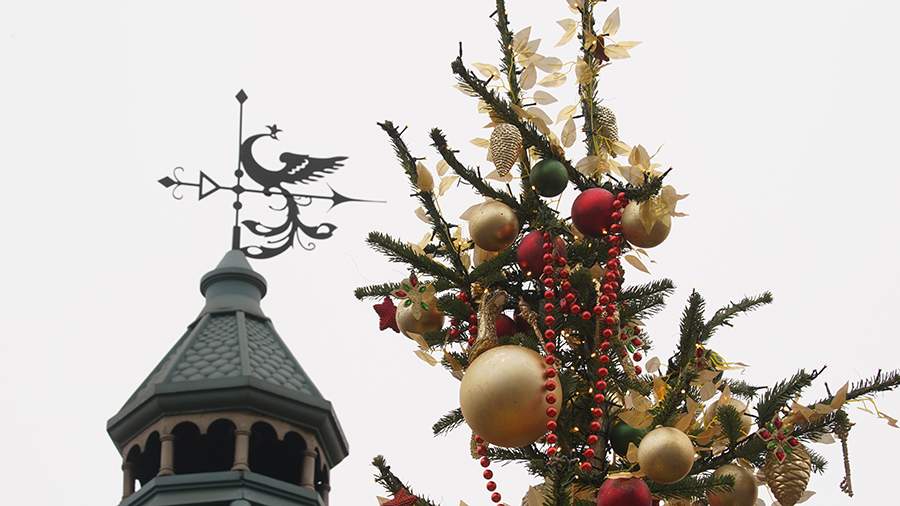January 6 - Christmas Eve: history, traditions, prohibitions
Every year on January 6, Orthodox believers celebrate Christmas Eve - the eve of the Nativity of Christ and the last, strictest, day of the Christmas fast. In 2025 it falls on Monday. Read about the history, traditions and prohibitions of this celebration in the material "Izvestia".
Christmas Eve - 2025: what date
Christmas Eve or Christmas Eve is called the days before the two major church holidays - Christmas and Epiphany (Epiphany). In contrast to other celebrations, the pre-holidays last not one day, but several, so a separate word was introduced to denote the eve.
The Orthodox Church celebrates Christmas Eve on January 6. Catholics and Protestants also consider Christmas Eve to be a holiday, but they celebrate it two weeks earlier - December 24.
Christmas Eve - 2025: history and traditions of the holiday
The Orthodox Church began celebrating Christmas Eve in the IV-VI centuries, after the final separation of Christmas and Epiphany into two different services. In the following centuries, hymns were created that are still sung during Christmas Eve.
The very word "Christmas Eve" comes from the name of the traditional Lenten dish - sočev, which is prepared from grain, honey and dried fruits on Christmas Eve. According to tradition, during Christmas Eve believers should not eat until the end of the liturgy. People abstained from eating until the first star appeared in the sky, which was considered a symbol of the star of Bethlehem, which showed the Magi the way to the newborn Christ.
Divine services on Christmas Eve are characterized by beauty and solemnity. In honor of the holiday are read "royal watch", which got its name because the head of state was always present. Prophecies about the coming of the Savior, written several centuries before his birth, and eight Christmas paremi are also heard. The culmination of the service is the carrying of a lighted candle in the center of the temple, representing the Star of Bethlehem.
In Russia, the celebration of Christmas Eve was approached responsibly. Women prepared a festive dinner of 12 dishes - according to the number of apostles. The main treat was considered to be sochivo, it was customary to start the meal with it. Also on the table were vegetable salads and stews, fish, borscht, mushrooms, stuffed cabbage and dumplings without meat, and sweet pastries. On the holiday it was necessary to taste everything prepared to improve health and attract prosperity.
On Christmas Eve, children and teenagers started caroling. They went around the yards, sang Christmas songs and congratulated the owners. For this they were given sweets or coins. In some regions, carolers dressed as animals and fairy-tale characters, wearing tulups, hats and mittens turned inside out.
Despite the church's condemnation of pagan rituals, in the villages on Christmas Eve, they were happy to guess. Unmarried girls tried to look into the future to see their fiancé, and family people often guessed at the harvest and other economic affairs.
What should not be done on Christmas Eve, January 6
From the point of view of Orthodoxy on Christmas Eve there are only two strict prohibitions - to eat food before the end of the service and to guess. The first restriction is related to the Filippov fast, which officially ends only on the night of January 6-7. The second one concerns participation in any amusements and practices that have pagan roots. These include not only fortune-telling, but also witchcraft, caroling, dancing around the campfire, etc.
Also on this day it is better not to do heavy physical labor and housework. If it is not possible to completely abandon them, you should organize your time so that everyday chores do not overshadow the spiritual meaning of the celebration. After all, the main thing in preparation for Christmas is repentance, prayer and participation in the divine service.
In addition, on Christmas Eve, as on any other day, it is worth avoiding scandals, profanity, swearing, insults and discouragement. All this can mar the bright holiday.
Earlier "Izvestia" told about the traditions and prohibitions of Catholic Christmas.
Переведено сервисом «Яндекс Переводчик»

